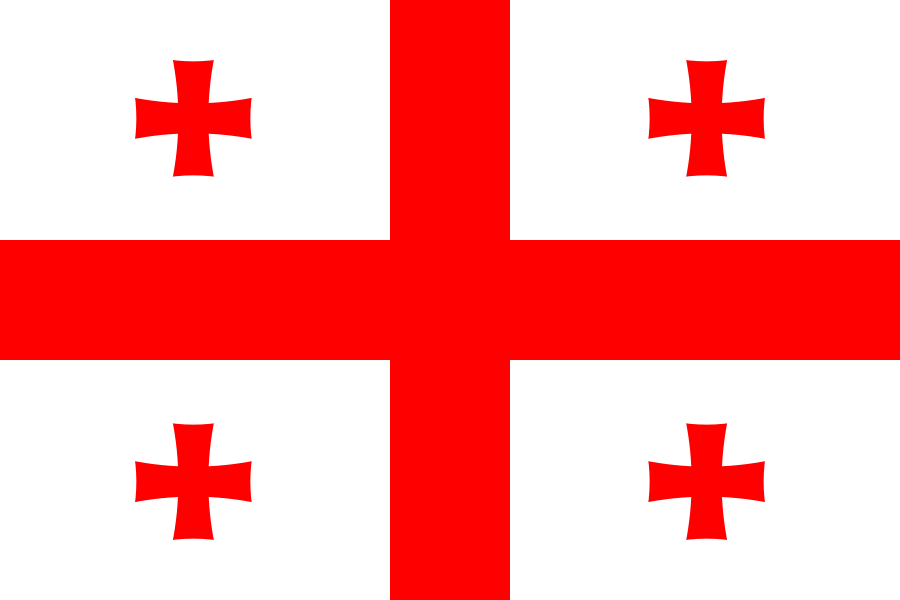The organisations behind the protests are the South Caucasus Network of Human Rights Defenders, the Observatory for the Protection of Human Rights Defenders (a joint programme of the World Organisation Against Torture (OMCT) and the International Federation for Human Rights (FIDH)), Human Rights House Foundation, Norwegian Helsinki Committee, Front Line and ARTICLE 19.
On February 10, 2010, Mr. Vakhtang Komakhidze, a well-known investigative journalist in Georgia and a member of the South Caucasus Network of Human Rights Defenders , reported to have received death threats from the authorities against him and his family members due to his professional activities. As reported, the threat comes as the Government’s reaction to Mr. Komakhidze’s visit to de facto South Ossetia in December 2009 and the documentary movie concerning the Russia-Georgia war of August 2008, on which Mr. Komakhidze has been working recently.
In December 2009, together with two other representatives of the civil society, Mr. Komakhidze met with South Ossetian NGOs, families affected by the war and Mr. Kokoity, de facto leader of South Ossetia. After the visit, Mr. Komakhidze announced publicly that he was working on a documentary about the Russia-Georgia war of 2008, for which he also gathered materials during his visit to South Ossetia. Mr. Komakhidze highlighted that the documentary would disclose many issues yet unknown to the wide public. For instance, two days before the war, on August 6, the State Minister of Georgia agreed with the de-facto authorities of South Ossetia about the evacuation of the grandmother of Ms. Alana Gagloeva, an employee of the President’s press-service. However, at that time, the Government was leaving the Georgian population completely unprotected, in the hands of the Russian army.
On December 17, 2009, on the same day when Mr. Komakhidze came back to Tbilisi from South Ossetia, high ranking politicians harshly criticised him and his colleagues for this visit. Their criticism was broadcasted in the news programmes by various media outlets. For instance, Mr. Shota Malashkia, one of the ruling party’s leaders, said: “this is a disease not only for Georgia; such persons always existed during the various occupation regimes and their actions there have already been responded by the population after the de-occupation. The same will happen in case of these people [referring to those who visited Tskhinvali on December 16] as well – for some of them it will be a response through [results] in elections and for others from the moral point of view.” Media also referred to them as “betrayers”. Several days later, a stranger stopped Mr. Komakhidze and said that he wanted to warn him against his activities, that it would be better for him and his family not to bother Georgian authorities. He added that the only way out for him and his family would be to leave the country and stop filming.
On January 28, 2010, as Mr. Komakhidze was about to leave Georgia in order to film and interview representatives de facto government of South Ossetia outside the country, six to seven persons sat down next to him at the airport. One of them was the chief of security department. The men started having an aggressive conversation on Mr. Komakhidze, and one of them told him that it would be good for him that he was leaving the country.
On February 9, 2010, Georgian TV channel Real-TV broadcasted a report about Mr. Komakhidze’s private life and professional activities with a clear aim to discredit Mr. Komakhidze and undermine his reputation. The TV report spread incorrect information, saying that in 2004 Mr. Vakhtang Komakhidze worked at the Ministry of Security and had to leave the Ministry because of financial machinations after one year. True fact is that Mr. Komakhidze left the Ministry three months after his appointment cased on his personal wish. The report also accused Mr. Komakhidze of pologamy and tried to portray him as a bad parent.
Accordingly, the South Caucasus Network of Human Rights Defenders, the Observatory for the Protection of Human Rights Defenders (OMCT-FIDH), Human Rights House Foundation, Norwegian Helsinki Committee, Front Line and ARTICLE 19 urge the Georgian authorities to:
• Guarantee in all circumstances the physical and psychological integrity of Mr. Vakhtang Komakhidze and his relatives;
• Order a prompt, effective, thorough, independent and impartial investigation into the above-mentioned events, the result of which must be made public, in order to identify all those responsible, bring them before a competent, independent and impartial tribunal and apply to them the penal sanctions as provided by the Constitution and laws of Georgia;
• Put an end to any kind of harassment against Mr. Vakhtang Komakhidze and ensure in all circumstances that journalists and human rights defenders in the country be able to carry out their activities without hindrances;
• Comply with the Universal Declaration of Human Rights and international and regional human rights instruments ratified by Georgia.
Our organisations call upon the international community to:
• Urge Georgian authorities to promptly and effectively investigate the incident and bring the perpetrators to justice;
• Urge Georgian authorities to ensure physical and physiological integrity of the family members of Vakhtang Komakhidze;
• Call upon the Georgian authorities to create an environment safe and conducive for critical voices and alternatively minded people in the country;
• Pay close attention to increasing number of persecution and pressure on journalists, NGO representatives and their family members.
Our organisations call upon the Public Defender of Georgia to:
• Ask Georgian authorities to investigate the incident promptly and impartially;
• Remind the authorities about their international human rights obligations.
